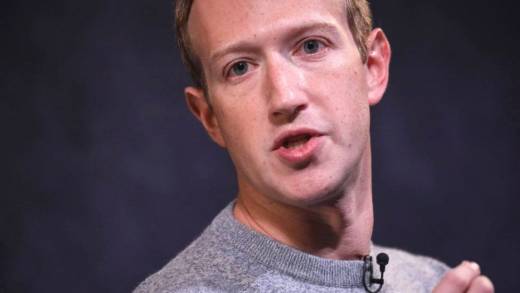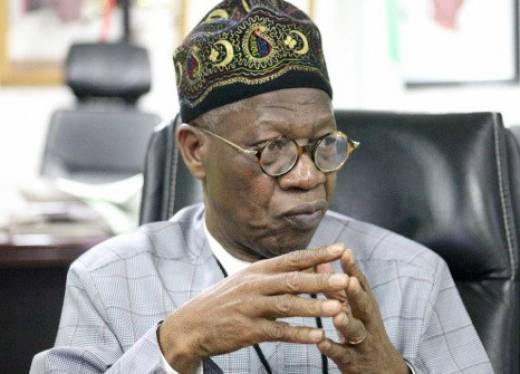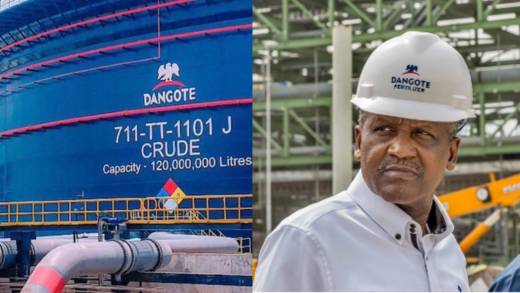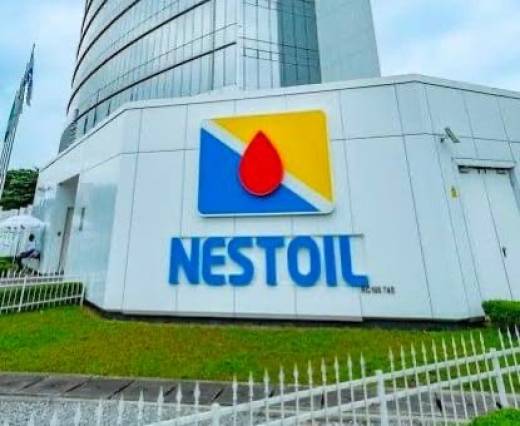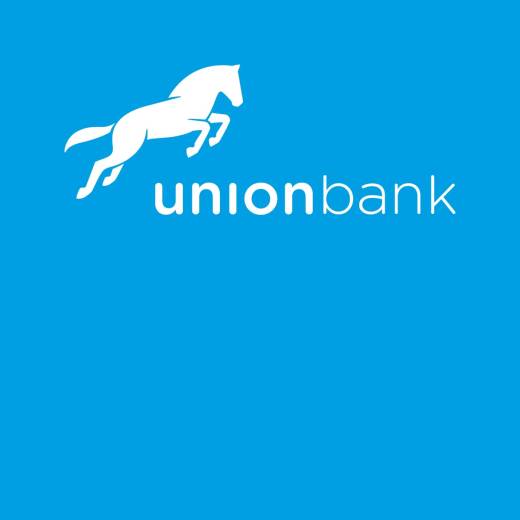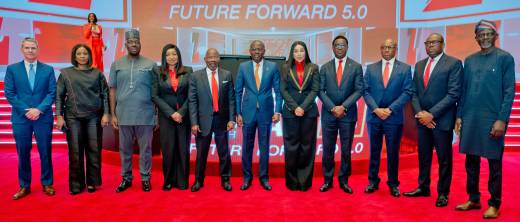Mark Zuckerberg’s Facebook shares suffered a historic selloff in trading on Thursday, February 3, causing him to fall out of the top 10 rich list.
The Facebook founder’s personal net worth dropped approximately $29.7 billion on Thursday, according to Forbes’ real-time calculations.
By the end of trading, Zuckerberg’s on-paper fortune was estimated to be $84.8 billion.
Forbes now has Zuckerberg at No. 12 on the list world’s richest individuals.
Meta shares fell by more than 26% on Thursday to close the day at $237.76 each, wiping off about $232 billion in value, which was the largest one-day drop in the market value of any stock in the US history, Dow Jones reported, citing its market data.
The social media giant late Wednesday, February 2, reported the first quarterly decline in its user base in the company history.
Facebook reported 1.929 billion daily users in the fourth quarter, down from 1.93 billion users the previous quarter.
Zuckerberg blamed the decline in user activity in part on increased competition from rival platforms such as TikTok.
“People have a lot of choices for how they want to spend their time and apps like TikTok are growing very quickly,” Zuckerberg said during an earnings call on Wednesday afternoon.
Minister of information and culture, Lai Mohammed is reportedly set to relaunch a fresh bid for the regulation of social media in the country.
Recall that the Nigerian government has made several attempts to regulate social media operations in the country.
Part of its bid was to ban Twitter operation in Nigeria, a decision that was recently revoked on certain terms with the owners of the microblogging platform.
According to reports, it’s been learnt that Mohammed is making moves to reintroduce the National Broadcasting Commission (NBC) Act amendment bill through the executive bill route.
The bill according to TheCable seeks to empower the commission with the power to regulate social media, internet broadcasting, fix tariffs for pay television services, among other functions.
A source in the know reportedly shared that Mohammed’s first step towards the reintroduction of the amendment as an executive bill was executed on Tuesday, February 1 at a meeting in Benin, Edo state.
The meeting is believed to be a smokescreen to indicate that there was wide consultation of industry stakeholders before the presentation of the executive bill to the national assembly.
Sources say the executive bill will be simultaneously presented to both chambers of the national assembly and an accelerated passage will be carried out.
It could be recalled that in June 2021, the House of Representatives attempted to amend the laws establishing the NBC and the Nigeria Press Council (NPC).
The bills passed second reading and public hearings before they were suspended following public outrage.
Both bills were sponsored by Olusegun Odebunmi, a federal lawmaker representing Ogo Oluwa/Surulere constituency.
However, civil society organizations and media stakeholders took their stand during the hearing and rejected a major part of the amendment, citing attempts to shrink civic space in the country.
Twitter is now back in business in Nigeria. Having taken a hiatus from conversation on the bird app after the suspension by the federal government, I returned sometime last week. As usual, Twitter Nigeria is a no dull moment space. The African Cup of Nations is on and memes were flying regarding the big name casualties of the tournament. African football powerhouse, Ghana was dumped out of the tournament at the group stage after losing to debutants, Comoros Islands. “What is a Comoros?” “Trouble be like Comoros” were some of the trending hashtags on twitter.
In the midst of the fun and banter, something caught my attention: a retweet popped up on my timeline of a tweet by @ajalayemi. It was something different from the flow of things in space. The author of the tweet is based in Ibadan. His tweet was about branding by Alerzo Limited, a business-to-business e-commerce platform delivering goods with vans and buses. He was fascinated by what he saw and decided to do some little search about the company.
From his findings, Alerzo’s business model was designed to make business seamless for informal retailers. Unlike the Kongas and Jumias that connect sellers to customers, Alerzo is connecting informal retailers to direct supply from manufacturers. An informal retailer is that woman with the small shop on your street who sells almost everything. Yoruba call them “gbogbo lowo”, meaning “I sell all you need”. These sellers are forced to close their shops when going to the market to restock. Some of them lose customers in the process. The stress of frequent market trips also takes a toll on them both mentally and physically. So what Alerzo service implies is that instead of market trips, they simply pick up their phones to restock, or order via Alerzo app and get their stocks delivered at their shops.
The idea sounded novel to me. I’ve not heard or seen such in Nigeria. At that point, I decided to do some digging about the company. Alerzo started off in Ibadan almost two years ago as a brainchild of the son of an informal retailer. In one of his interviews, the Chief Executive Officer of Alerzo Limited, Adewale Opaleye said he witnessed first hand the ordeals of his mother who went through a lot to keep her retail business going while managing the family. He saw the gap that could be bridged by e-commerce technology and decided to make it a reality in Nigeria.
Alerzo is not the only company offering this type of service, there are others like Omnibiz, TradeDepot. Their services are already being enjoyed in other parts of the South West, North West and North Central. Apparently, I’ve been missing a growing trend, just like many of my readers right now. Thousands of retailers are already enjoying the ease and convenience of e-commerce. Improved lifestyle, increase in profit and savings are the immediate benefits that come with the service.
On a broader scale, these platforms with their services will spike huge business activities in the digital space in the next few years. This is due to the fact that informal retail is a multimillion dollar business in Nigeria. Imagine the economic benefits Nigeria will derive from bringing just 50% of those retailers into the digital economy space.
The increasing rate of mobile phone adoption in Nigeria makes this a possibility. In 2021, the number of mobile internet users in Nigeria amounted to over 101.7 million, with over 32% using smartphones. The rate of smartphone usage is increasing and many of these sellers can afford the cheaper versions. As a matter of fact, many informal retailers have tech savvy children who indirectly hijack their phones for games and internet surfing. With the help of these young ones, they can easily make their orders and get them delivered.
For all tech enthusiasts, this is an interesting trend to watch. There are reports of millions of dollars investment by external investors in the B2B e-commerce platforms. This shows the faith and belief that the model can work in the country. From all indications, there are interestings times ahead for informal retailers in Nigeria thanks to a new wave of innovators opening up the market to new possibilities.
The purported publication that Nestoil and Neconde are under Receivership is blatantly false and an attempt to prejudice on going pending suit between First Bank Trustees and FBNQuest Merchant against Nestoil and others.
Union Bank of Nigeria, one of Nigeria’s most trusted financial institutions, is excited to announce the launch of its new customer reward initiative designed to deepen engagement, drive premium account activity, and promote consistent savings behaviour among its customers.
ZENITH BANK CELEBRATES TECH EXCELLENCE, REWARDS HACKATHON WINNERS WITH ₦140 MILLION AT TECH FAIR 5.0
A total cash prize of ₦140 million has been awarded to ten (10) African innovators to scale their transformative solutions after a keenly contested hackathon and pitch session at the Fifth Edition of the Zenith Tech Fair, themed "Future Forward 5.0: Tech for Success – Innovate, Adapt, Accelerate", which held on Thursday, November 20, 2025, at the Eko Convention Centre, Eko Hotels & Suites, Victoria Island, Lagos.


